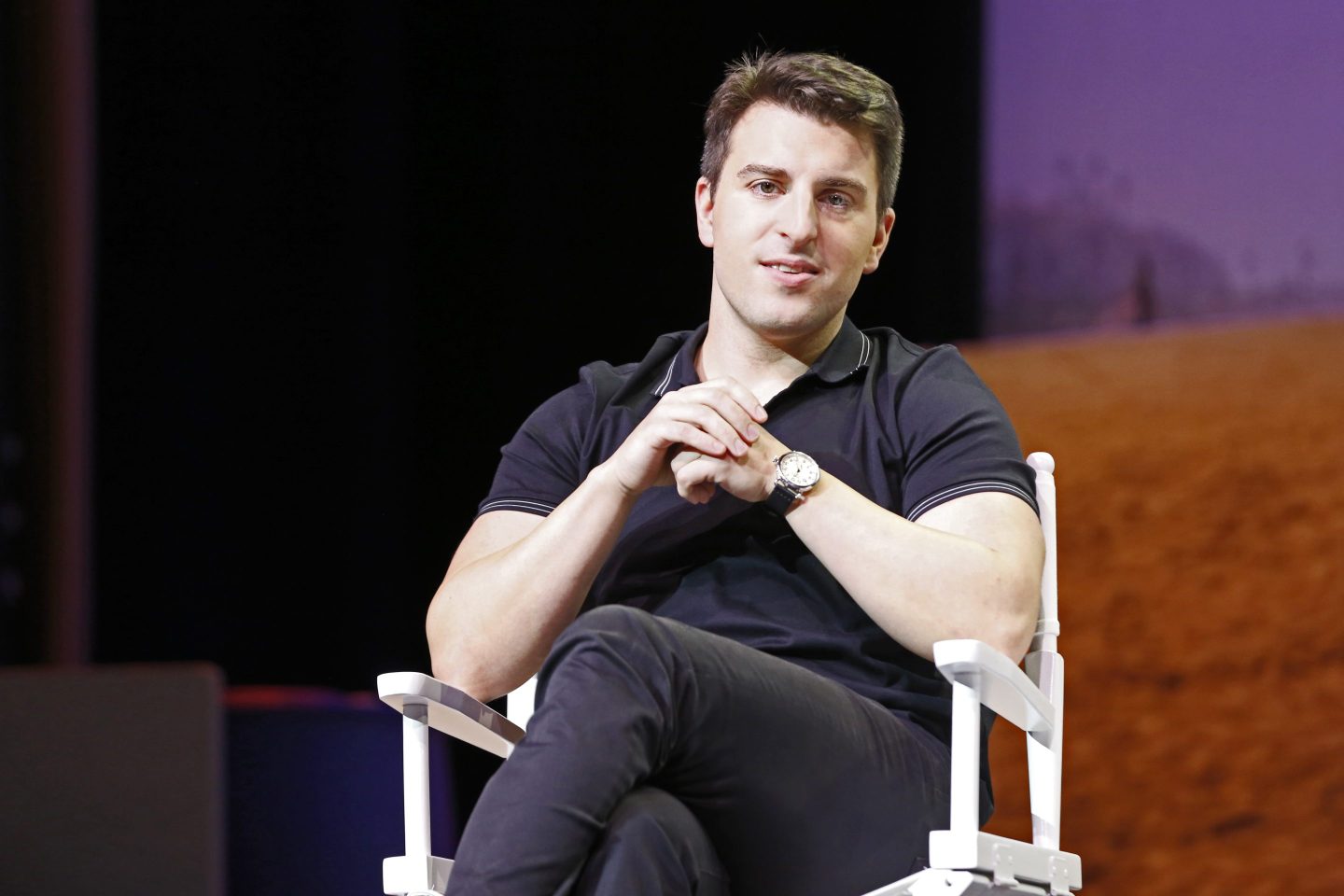| Alan Murray | |
| @alansmurray | |
| alan.murray@fortune.com |
Top News
• How DuPont went to war
“We are a great company. And we have a strong story." Three and a half months after DuPont CEO Ellen Kullman said those words to Fortune's Stephen Gandel, it appears billionaire investor Nelson Peltz's narrative about DuPont's underperformance could be on the verge of winning. Kullman has suffered a series of setbacks in the days leading up to the proxy vote, set for DuPont’s annual shareholders meeting on May 13. Fortune dives into the news, which could see Peltz win four seats on DuPont's board, potentially bolstering his call to see the company broken up into parts Fortune
• China cuts interest rates again
Over the weekend, China has cut interest rates for the third time in six months. That move was seen as a bid to lower companies' borrowing costs and boost an economy that is headed for its worst year in a quarter of a century. Analysts welcomed the move, which came just a few days after weaker-than-expected April trade and inflation data, which highlighted how the Asian nation's economy is under great pressure from soft demand at home and abroad. Reuters
• Banks mull Wall Street defense
Senior executives from seven of the biggest U.S. banks held a meeting on March 31 to discussing the upcoming election cycle and how the industry can best counteract what they view as false and damaging statements about large banks, WSJ has reported. Wall Street has long been a popular punching bag for politicians, but banks are finding both Democrats and Republicans have been critical of the industry. Though the banks haven't launched a new ad campaign of lobbying effort, a lunchtime gathering held on the 51st floor of the Bank of America Tower in New York City signals the industry could soon set out to tell their side of the story. WSJ (subscription required)
• SoftBank taps possible CEO successor
SoftBank CEO Masayoshi Son has anointed Nikesh Arora, a former Google executive who has been heading the company's investment arm in California, as representative director and president of SoftBank. Son said he can't yet comment on when and in what form Arora would take the reins, though he said the new president was the primary successor candidate. With the announcement came some admiral candor from Son: “I won’t be retiring yet, and Nikesh may pass away tomorrow in a car accident." WSJ (subscription required)
• Madoff aide dies before sentencing
Frank DiPascali, the finance chief for convicted Ponzi scheme operator Bernie Madoff, has died from lung cancer. DiPascali, who was 58, served as the federal government's star witness against other Madoff employees in a scam that stole billions from thousands of investors. Madoff is serving a 150-year federal prison term after he pleaded guilty to fraud and other charges without standing trial after the scheme collapsed in late 2008. But DiPascali died on May 7, before sentencing for his own possible 125-year jail term. USA Today
Around the Water Cooler
• There is such a thing as bad publicity
The makers of Bud Light found themselves on thin ice with the public as questions were raised about the taste of this slogan printed on a large number of the beer's bottles: "The perfect beer for removing 'no' from your vocabulary for the night." The media had a field day, with many critically writing that the statement could be an endorsement of rape culture. Other major brands have recently missed the mark in their own ways, including Belvedere vodka, Hyundai, and DiGiorno Pizza. Fortune
• A con man and his mentor
When a Ponzi scheme collapses, it can take a while to fully understand how the fraudulent organization was run and who exactly knew what about defrauding investors. Bloomberg dives into one interesting case involving David Smith, who U.S. prosecutors alleged laundered more than $200 million of investor money. But Smith claims he went from a failed forex trader to a criminal by putting all his hopes in one friendship. His mentor, who heads the largest forex-trading school in the U.S., still walks free. Bloomberg
• Firms rise up against Bloomberg terminals
Can startup Symphony see a promotion of its own from ambitious upstart to the new gold standard of the financial industry? Some financial firms are betting that yes, it can, in hopes it will save them a lot of money. Since the early '90s, Bloomberg has dominated the financial communications market, though its terminals cost clients more than $20,000 a piece per year. They are the industry standard when it comes to secure instant messaging, though firms hate the exorbitant price. Symphony could upend the market, though it remains to be seen if it will. Fortune
• A prized catch: Gaming "whales"
What do mobile-game makers Zynga, King Digital and Glu Mobile all have in common? They are all going after the same prize: so-called "whales" who plunk down $50 to $100 a month on extra turns, special powers and other virtual goodies in their favorite mobile apps. The importance of this sliver of the market has increased as mobile users pay for fewer apps, so game makers have become more reliant on those willing to pay to play. The in-game purchasing business model is still big business, expected to total $23.4 billion world-wide this year, though gaming developers have faced challenges churning out consistent hits. WSJ (subscription required)
Fortune's 5 things to know today
McDonald's turns 75, earnings and tech conferences — 5 things to watch in the week ahead. Today's story can be found here.













